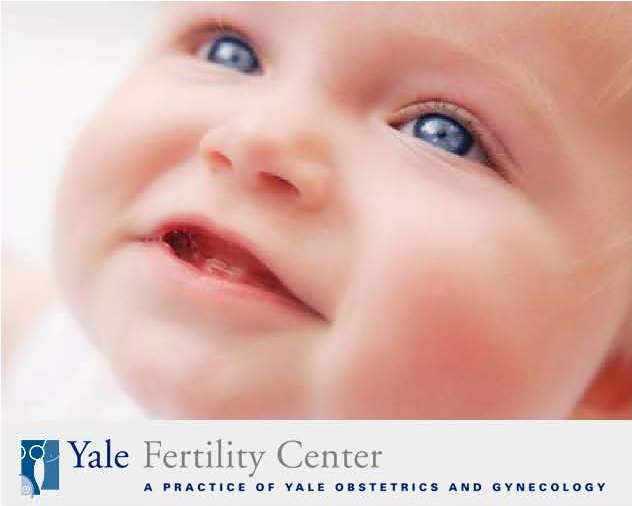The Yale Fertility Center (YFC) has for many years helped men and women become parents—and that includes same sex parents. Both lesbians and gay men who want children can seek treatment at YFC, where the available services include artificial insemination, egg donors, and gestational surrogates, or carriers. “More and more gay men are choosing to become fathers through surrogacy and donation,” says Dorothy Greenfeld, LCSW, a counselor at YFC. In addition, marriage is legal between same-sex couples in Connecticut, and many same-sex couples within either partnerships or marriages feel ready for children.
Greenfeld is the first person potential parents meet at YFC (except for those needing help only with insemination). She administers a psychological evaluation and gives them a detailed picture of what to expect from the long process of achieving parenthood. Part of her job is to ask the questions that potential parents may not have asked themselves.
For example, male couples often decide before going to YFC which of them will be the sperm donor. But Nature might not cooperate, and Greenfeld wants them to be prepared. “You might be very clear about who’s going to produce the sperm, but you might also be the guy who can’t produce the sperm,” she points out.
The Center works with couples to come up with individual solutions for their particular situation. Some seek simply an egg donor, a gestational surrogate to carry the pregnancy, or sperm. But more complex scenarios are possible. One lesbian couple at YFC achieved the “dream scenario,” in which one partner provided the egg and the other carried the pregnancy. And one pair of fathers had twins—one twin from each father’s sperm—with the help of a surrogate mother. Whatever arrangement is made, YFC requires that at least one potential parent be biologically connected to the child, providing either eggs, sperm, or womb.
Prejudices persist about gay parents, including fears that they will be less nurturing or that their children are less likely to marry, but these are subsiding amid recognition that gay couples make good parents. Greenfeld has written about the need to overcome such myths. “So many [gay] men have spent their life dreaming about being dads,” said Greenfeld, “and often say things like ‘I just didn’t think it would be possible.’” But the children of the proud gay and lesbian parents who conceived with YFC are proof that it is.








